Horror was in full form on opening day at New York Comic Con, starting off with the Dark Horse Classic Horror, Modern Comics panel.
Moderated by Anthony Mauro in conversation with Cullen Bunn (Harrow County), Colleen Doran (Troll Bridge), Jody Houser (Stranger Things), Evan Dorkin (Beasts of Burden), and Lela Gwenn (Bad Luck Chuck), the panel was a shared autopsy of the mechanics behind creating horror in comics by the some of the publisher’s top names.

As is the standard with horror panels, the first question revolved on what is horror and how it manifests itself in comics. Houser immediately jumped up and spoke to the genre’s “lingering sense of dread.” She added that for horror to work in the comics page, it has to stick with you. It can’t be about jump scares, which the panel agreed adds little to the story if anything at all. Bunn supported the idea of lingering dread by stating that “horror can come from a feeling of being haunted, specially by things that happen a thousand times a day.”
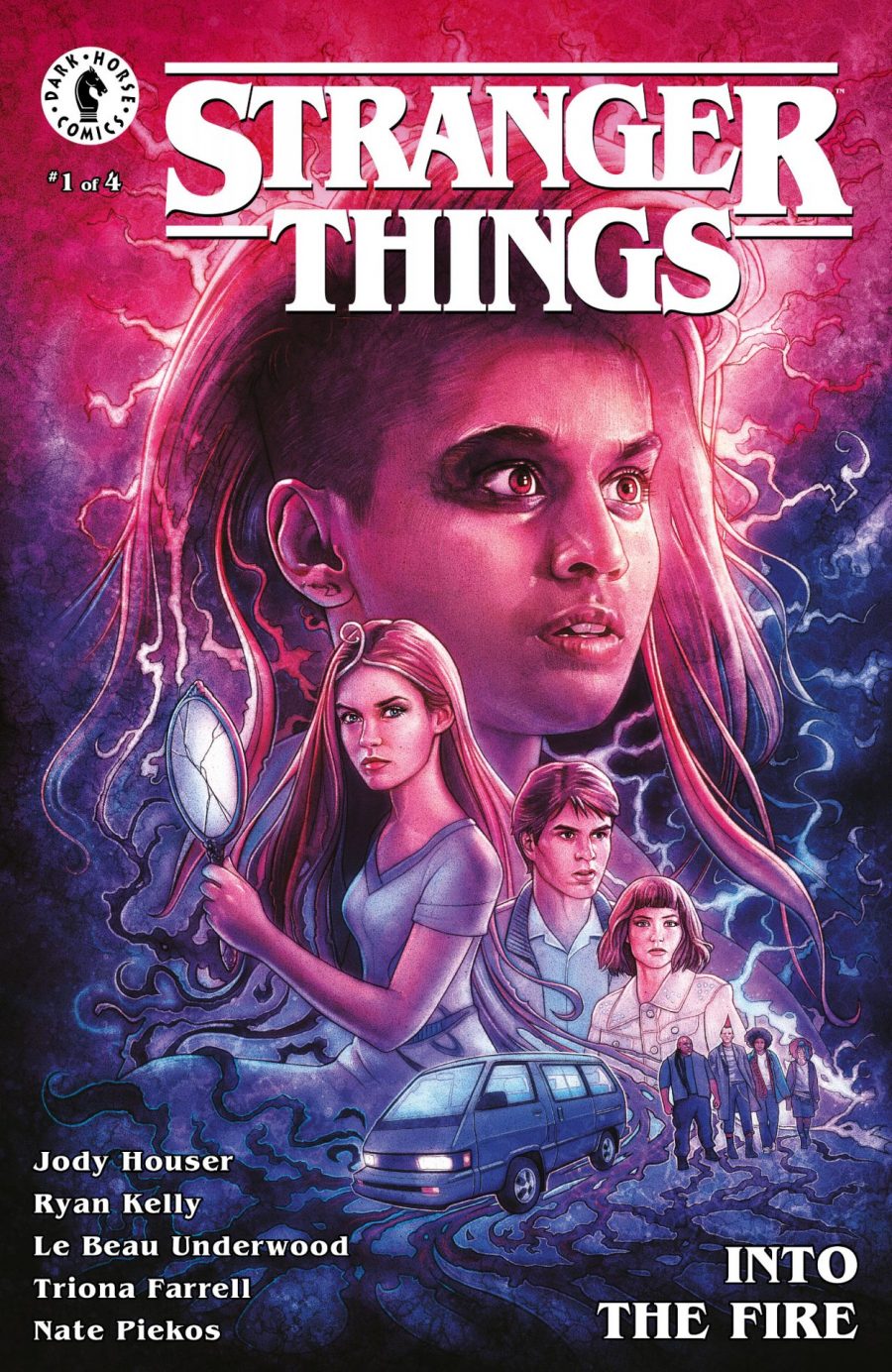
This idea of common terrors, which could also be seen as micro-horrors that eventually connect to become a part of a terrifying whole, is something that Houser and Bunn excel at. Their comics tend to grab pieces of daily life and drench them in darkness, no matter how trivial these things might initially seem. On this point, Doran commented horror being “something unsettling that never goes away.” The day-to-day in this sense is that something that doesn’t go away, and the panel seemed to be on the same page with it.
Evan Dorkin, on the other hand, said horror was rooted in a fear of loss, in every aspect imaginable. “It’s about this scary idea we can lose things that make us us, like identity, sex, control, parenthood.” Lela Gwenn took the opportunity to reinforce this idea and connect it with what the rest of the panel was arguing, saying that “horror is just something that doesn’t go away, that you can’t shake off.”
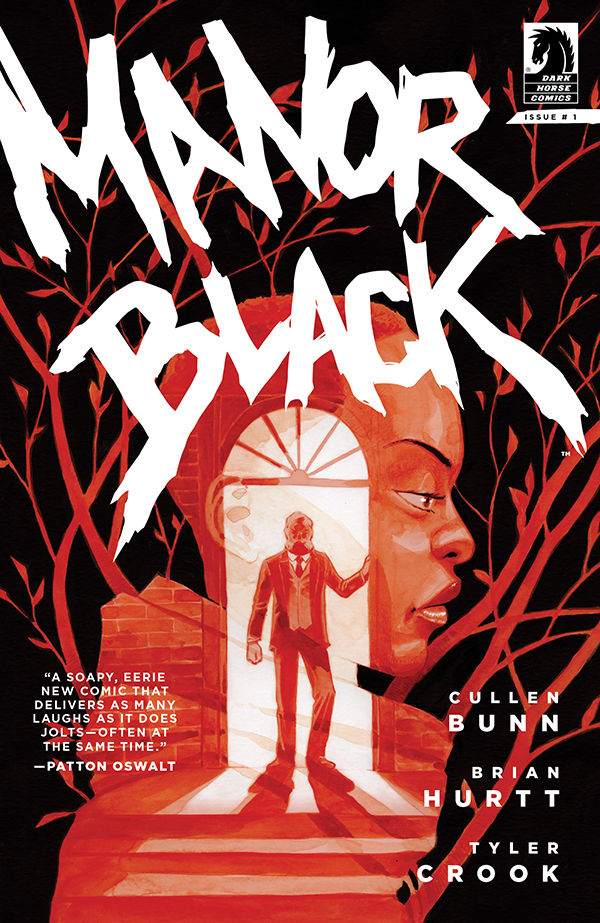
Mauro then asked the panel what makes a good horror story. The entire panel basically agreed on one very important point regarding the question: whatever makes a story good, generally, works with horror. Colleen Doran, though, made an important addition to the consensus: “horror is also about something normal being next to something not normal, and that something lingers.”
Doran’s take really captures the allure of horror in that it frames the genre as a very personal invasion into what our version of normal is. It disrupts it completely and forces you into a newer, more disquieting status quo.
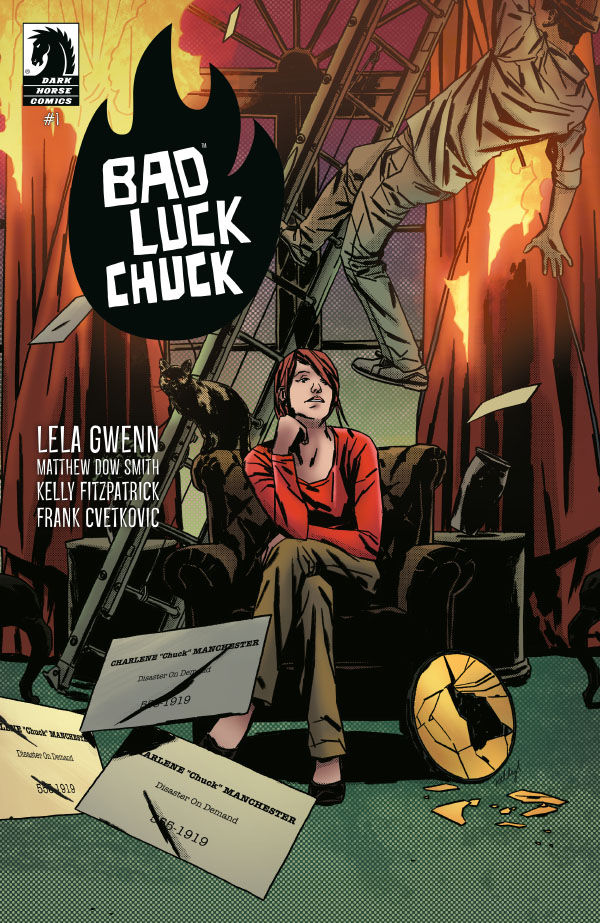
Gwenn spoke to what makes a good horror story according to her narrative interests, which gravitate more towards mental illness. Gween stated, “Horror is very interesting and riskier even when you’re given the chance to sympathize with the monster. To try and understand it means considering the possibility that the monster could’ve me, you, the reader.”
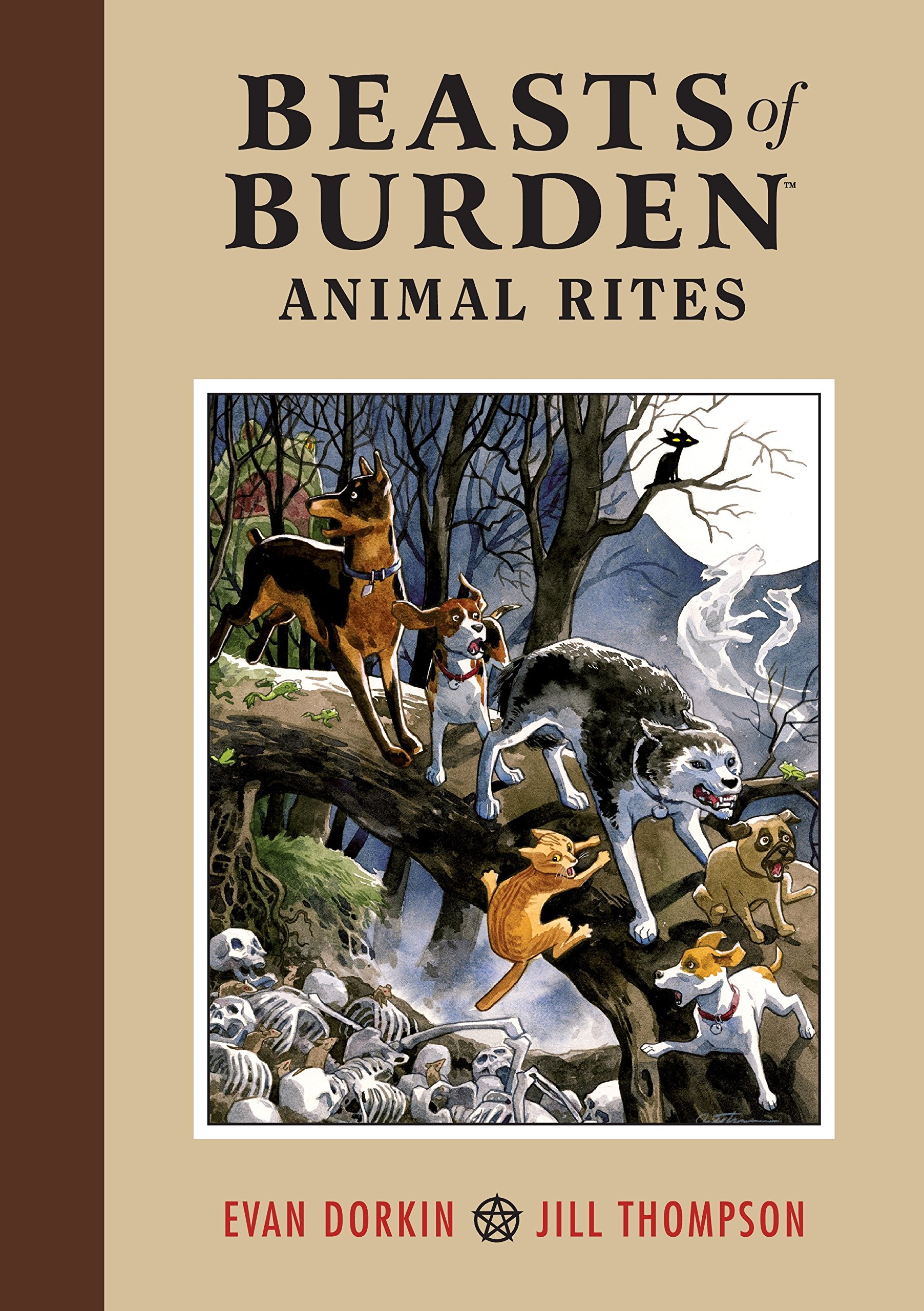
Dorkin argued that surprise is an important element in creating a good horror story. “You’re really setting up scares. It’s kind of like creating horror set pieces. Build up is key.” Dorkin also added that something must also count or mean something to the monster. It can’t just be mindless killing or terror. If it means something to the evil thing in the story then you can create more tension just by getting the characters to know the monster has an agenda.
Bunn emphasized the importance of making relatable characters so you can hurt them later on. “You have to make the protagonists lovable to later hurt them and, in the process, the reader as well. I give the characters I love most the absolute worst treatment, but it’s in service of generating tension and upping the stakes for everyone involved.” Gwenn agreed and added that “maiming or killing a character no one cares about is basically a waste of comic book pages.”
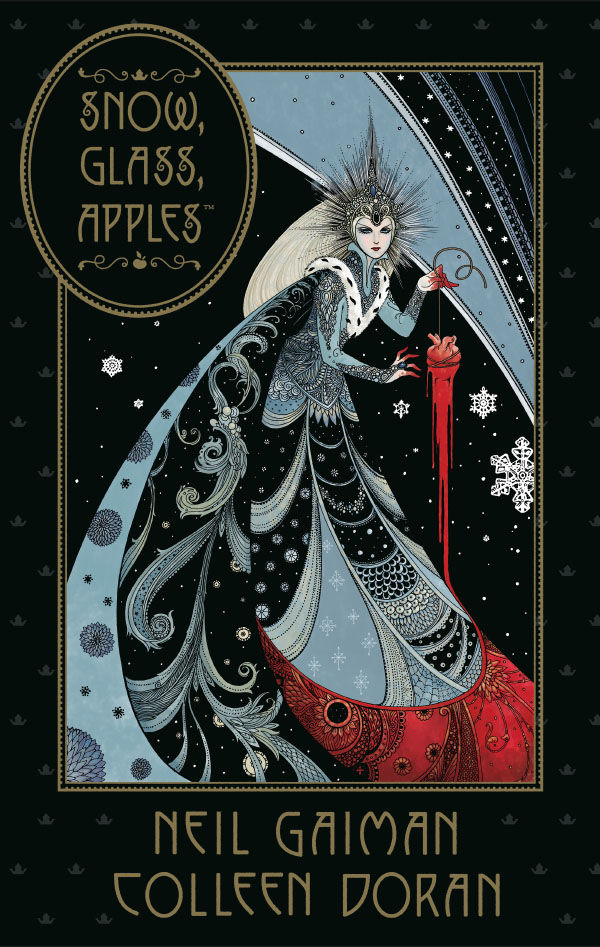
On the matter of whether horror stories need cathartic endings or not, Houser said that they can go down that road but that “there has to be something left up to the imagination. That’s where horror burrows in.” Gwenn wrapped this point up beautifully by declaring that “horror should end on fuck yeah or a fuck no!” It’s a good way of looking at what horror’s lingering effect should strive for, sticking to your psyche like a virus that alters your perception of what’s safe and what’s not. On what’s scary and what’s truly terrifying.



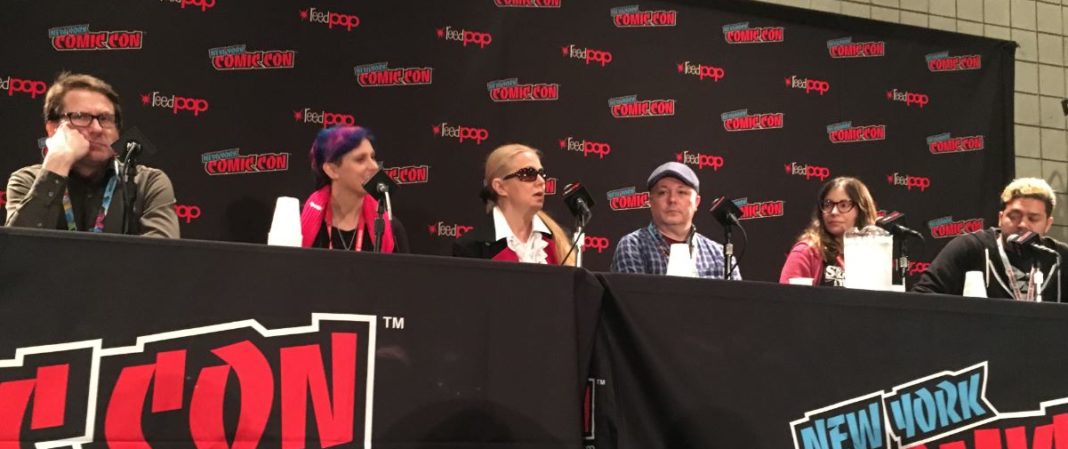
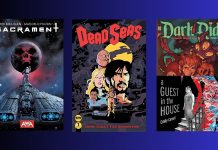
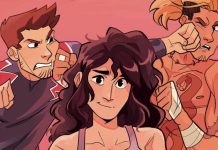
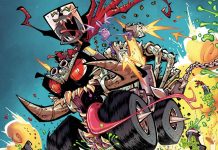






Comments are closed.